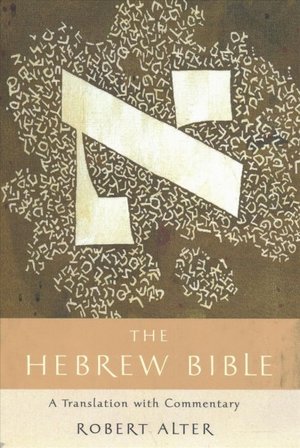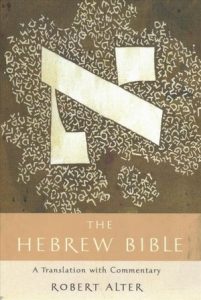With his Plymouth Brethren upbringing, Aleister Crowley was, in his own words, “deprived of all English literature but the Bible during the whole of his youth.” Crowley later bragged that even as a child he had developed the ability to find nearly any verse in the Bible quickly without the aid of a concordance and retained that ability as an adult. The Bible is the literary infrastructure of Crowley’s thought. In Liber 888 Crowley claimed “an intimate knowledge of the Bible so deeply rooted that it seems hardly unfair to say that it formed the whole foundation of my mind,” and declared further, “I am the truest of all Christians.”
Indeed, Crowley’s background among the Bible- obsessed Plymouth Brethren may have equipped him with a grasp of the Bible exceeding that of any “Christian” occultist before him.
There is ample evidence that he applied that grasp in creating his systems of magick and philosophy. He was committing humorous understatement when he wrote the following, in his “Literature Recommended to Aspirants” : “The Bible, by various authors unknown. The Hebrew and Greek originals are of Qabalistic value. It contains also many magical apologues, and recounts many tales of folklore and magical rites.”
One imagines that he would be been thrilled by Robert Alter’s new translation of the body of Hebrew scriptures, Genesis through Chronicles wherein he’s pointedly undone most of the Christianizing choices of translation made in the past 17 centuries or so. I, for one, am totally “SQUEEEEEEEEEing” over the Qabalistic geekery on display. Last month, the New York Times interviewed Mr. Alter about his 25 year long quest. Here’s an excerpt:
“According to the King James Version, Jonah says that the Mediterranean waters ‘compassed me about, even to the soul’ — or nefesh [SQUEEEE!]. The problem with this ‘soul,’ for Alter, is its Christian connotations of an incorporeal and immortal being, the dualism of the soul apart from the body. Nefesh, to the contrary, suggests the material, mortal parts, the things that make us alive on this earth. The body.
“‘Well,’ Alter said, speaking in the unrushed, amused tone of a veteran footnoter. ‘That Hebrew word, nefesh, can mean many things. It can be “breath” or “life-breath.” It can mean “throat” or “neck” or “gullet”’ Sometimes it can suggest “blood.” It can mean “person” or even a “dead person,” “corpse.” Or it can be “appetite” or something more general: “life” or even “the essential self.” But it’s not quite “soul.” ’
“But, I asked Alter, doesn’t ‘soul’ help dramatize the scene’s intense emotion? I mentioned another instance of the word nefesh, the terrifyingly evocative line from the King James’ translation of Psalm 69: ‘For the waters are come in unto my soul.’
“’Oh, yes,’ Alter said, with a smile. ‘That one does have a certain emotional resonance to it. But it’s not what the poet had in mind. And, I would add that the line “for the waters have come up to my neck” … is also rather dramatic.’
“Later I looked up the Jonah verse and saw that Alter’s translation was true to the poem’s formal structure. The verse starts with Jonah’s declaring that water had reached his nefesh — his ‘neck,’ as Alter had it — and ends with his exclaiming that his head had been covered with seaweed. Biblical poetry is often made up of line pairings composed of analogous images, and Alter had chosen an anatomical noun, ‘neck,’ that logically matched ‘head’ in the parallel clause. You don’t need to know Hebrew etymology to see that ‘soul’ doesn’t fit the analogy. The poetic structure dictates its own logic.”
https://www.nytimes.com/2018/12/20/magazine/hebrew-bible-translation.html.



This is great. So many Christian misinterpretations of the Bible, *especially* the Old Testament.
The original Jews / Hebrews / Israelites / whatever-you-consider-them had no real conception of an afterlife, as is evidenced by the quoted section on the KJV “soul”.
Ideas of an afterlife or eternal soul or such only came after certain segments of the Jewish population intermingled with the Greeks, became Hellenized, and their ideas later filtered their way back into the more mainstream of Judaic thought.
“Sheol” is literally “the grave”, “Hell” comes from the Nordic “Hel” + the trash dump outside Old Jerusalem called “Gehenna”, “Tartarus” comes from Greek and could actually be interpreted to mean the surface of the Earth, etc.
The deeper you dig, the more you realize how wrong the popular conceptions of Christianity in America actually are.